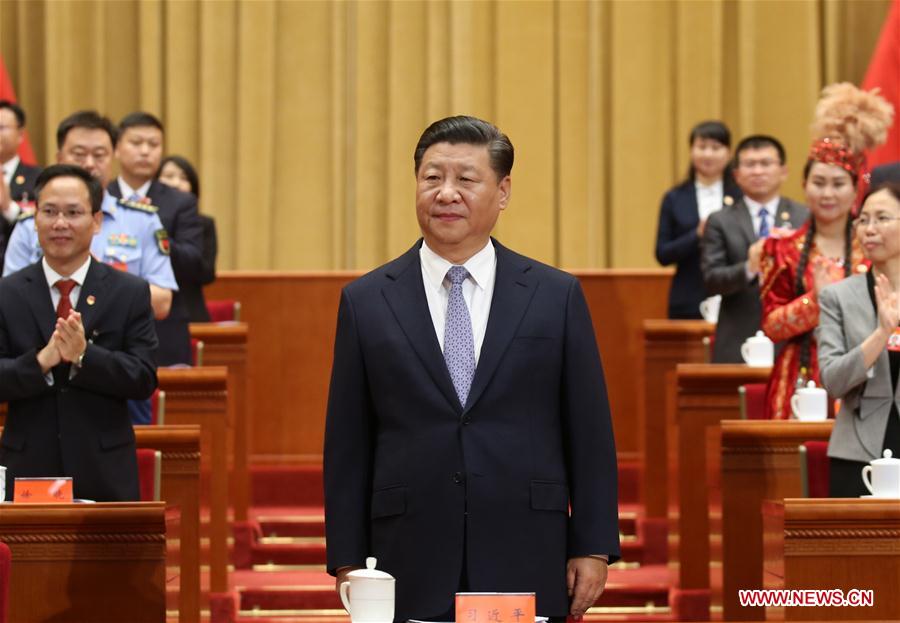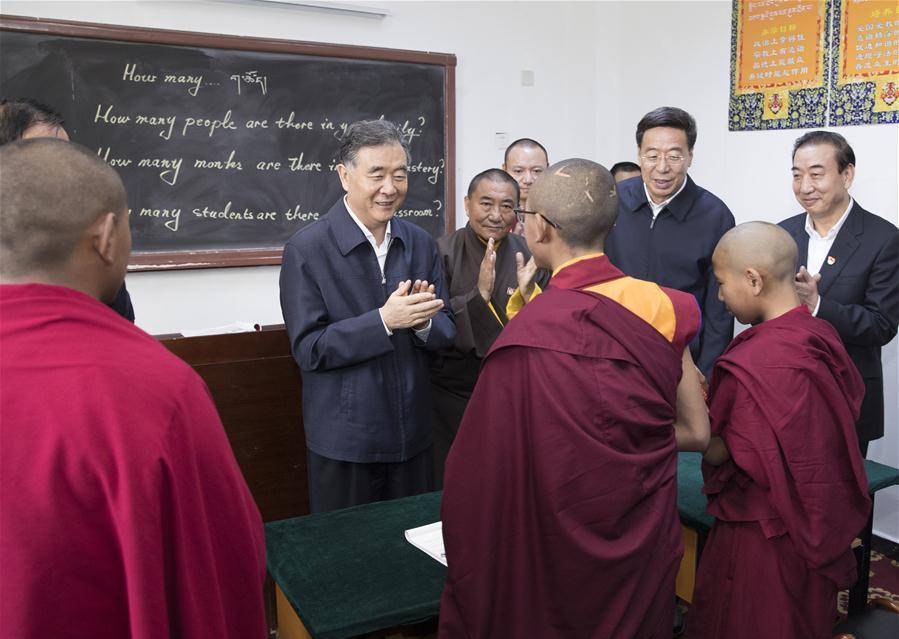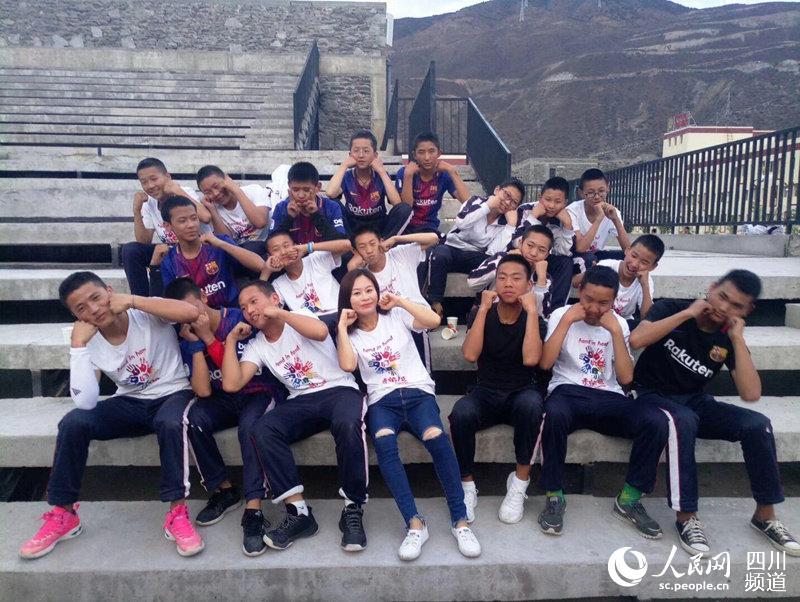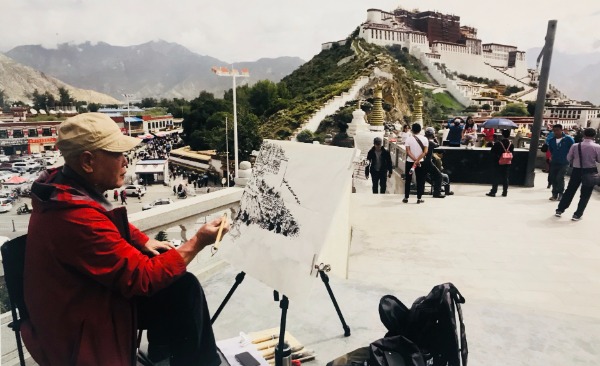Proposals by Xi at forum will drive cooperation in Northeast Asia: experts
Proposals put forward by Chinese President Xi Jinping at the fourth Eastern Economic Forum (EEF) will inject fresh impetus in the bilateral cooperation between China and Russia and the cooperation in the wider region, international observers have said.
Xi attended the Eastern Economic Forum in the Far Eastern city of Vladivostok and met with Russian President Vladimir Putin. They outlined directions for further bilateral practical cooperation and agreed that the two sides should continue to work together on the cooperation with potential synergy under the Belt and Road Initiative and the Eurasian Economic Union.
They also agreed to explore potential new areas to grow the cooperation and leverage the strong political relationship to drive the concrete practical cooperation.
Xi's attendance of the Eastern Economic Forum is "a new milestone in the development of the bilateral relations," said Anton Kobyakov, executive secretary of the organizing committee of the forum.
Andrey Ostrovsky, deputy director of Institute of Far Eastern Studies at the Russian Academy of Sciences, said he expects the latest meeting between the two leaders to help drive the bilateral relations in various respects, especially the economic and trade cooperation.
"The close cooperation with China is very important for Russia. It is important for us to explore the Chinese market and proactively participate in the Belt and Road Initiative. By riding on the initiative, Russia will be able to better improve its infrastructure, especially in the Far East, which will in turn create better conditions for the bilateral economic and trade cooperation over the long term," he said.
"The Eastern Economic Forum will help promote the cooperation between Russia and countries in Northeast Asia," said Alexei Mukhin, director general of the Moscow-based Center for Political Information.
He said that Russian federal authorities in charge of its Far East development have been following the progresses in the related regional cooperation projects and are encouraging Russian businesses to participate.
The speeches by the presidents of the two countries show increasing concrete results in the economic cooperation between China and Russia. The close bilateral cooperation will also help boost the the wider regional cooperation, said Ling Xingguang, a professor emeritus at the Fukui Prefectural University in Japan.
The experts believe that Xi's proposals conform with the interests of regional countries, providing a workable roadmap for the regional cooperation.
Nikolay Tsekhomskiy, first deputy chairman of Russia's Bank for Development and Foreign Economic Affairs, regards China as an advocate for and a key player in further regional integration and globalization, which will be helpful in countering the headwind of protectionism.
"I think the direction China is leading in development is very important to the international community, since the trade and economic growth in the long run can only come from robust trade and fair competition," he said.
Tsekhomskiy said he agrees with the appeal by the Chinese leader for aligning the development strategies and integrate the regional economic development.
Japanese economist Hidetoshi Tashiro said increasing country-to-country cooperation benefits regional prosperity and stability, noting that Japan and China joining hands within the regional framework will help bring about win-win cooperations.
He hoped that the EEF this year will be an important step in opening a new chapter in Japan-China cooperation.
An Yuhua, a professor of finance with South Korea's Sungkyunkwan University, said Xi's attendance of the forum "sends a clear, strong message that China will remain committed to its reform and opening up, and strengthen cooperation with other countries in the region."
In Northeast Asia, regional cooperation can not only reinforce stability, she said, but also show the significance of openness, cooperation and win-win relationship in today's world.
Dashdorj Bayakhuu, a professor at the Mongolian Diplomatic Academy, said Xi's speech assures China's support for comprehensive cooperation and common development in Northeast Asia, and this offers an extraordinary opportunity for regional countries including Mongolia.
The Mongolian government knows that deepening economic cooperation with neighboring China and Russia and other regional countries will help it in achieving steady economic growth, he added.
Your Comment
Name E-mailRelated News
-
-
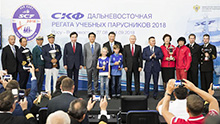
-
Xi's Vladivostok trip injects fresh vigor into China-Russia ties, regional cooperation
Chinese President Xi Jinping's just-concluded trip to this Russian Far East city was of far-reaching significance as it cemented mutual trust and friendship and promoted win-win regional cooperation.
-
-
-
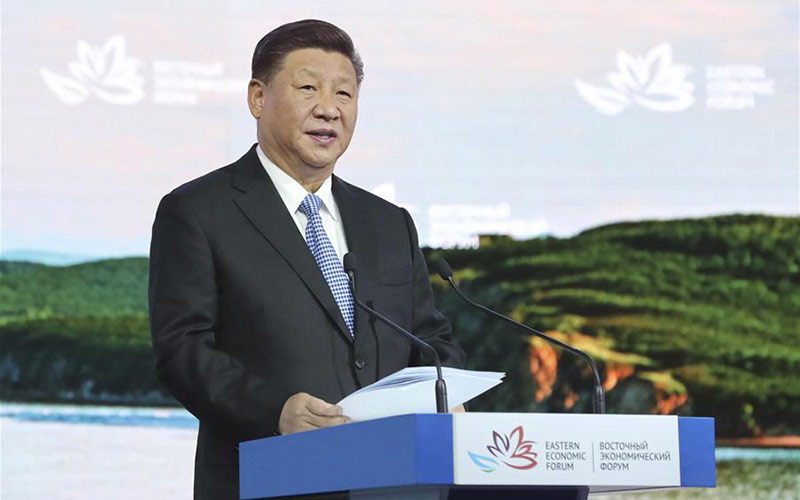
-
Xi returns to Beijing
Chinese President Xi Jinping returned to Beijing Wednesday evening after attending the Fourth Eastern Economic Forum held in the city of Vladivostok, Russia.
-
-
-
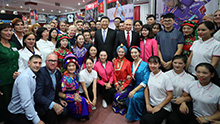
-
Xi, Putin call for promoting China-Russia youth friendship
Chinese President Xi Jinping and Russian President Vladimir Putin visited All-Russian Children's Center "Ocean" here on Wednesday to promote friendship between the two countries' youths.
-
-
-
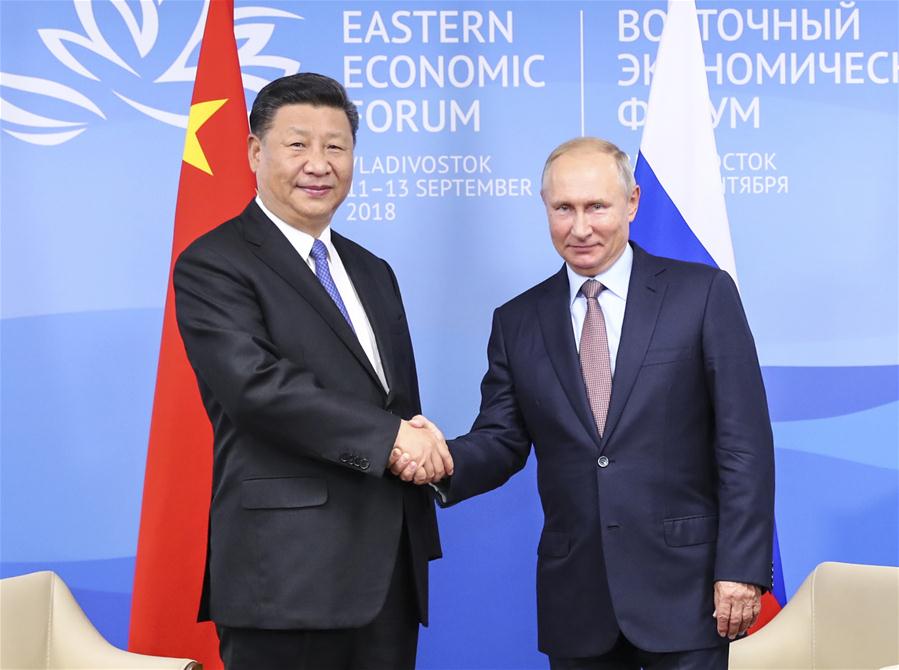
-
Xi, Putin vow to promote ties regardless of global changes
Chinese President Xi Jinping and his Russian counterpart, Vladimir Putin, expressed their firm determination to promote bilateral ties and safeguard world peace and stability during their talks here on Tuesday.
-
-
-

-
Xi meets Mongolian president on bilateral ties
Chinese President Xi Jinping met with Mongolian President Khaltmaa Battulga here on Wednesday on the sidelines of the fourth Eastern Economic Forum.
-



